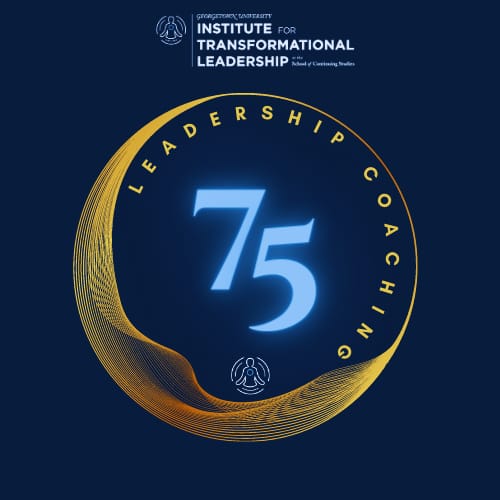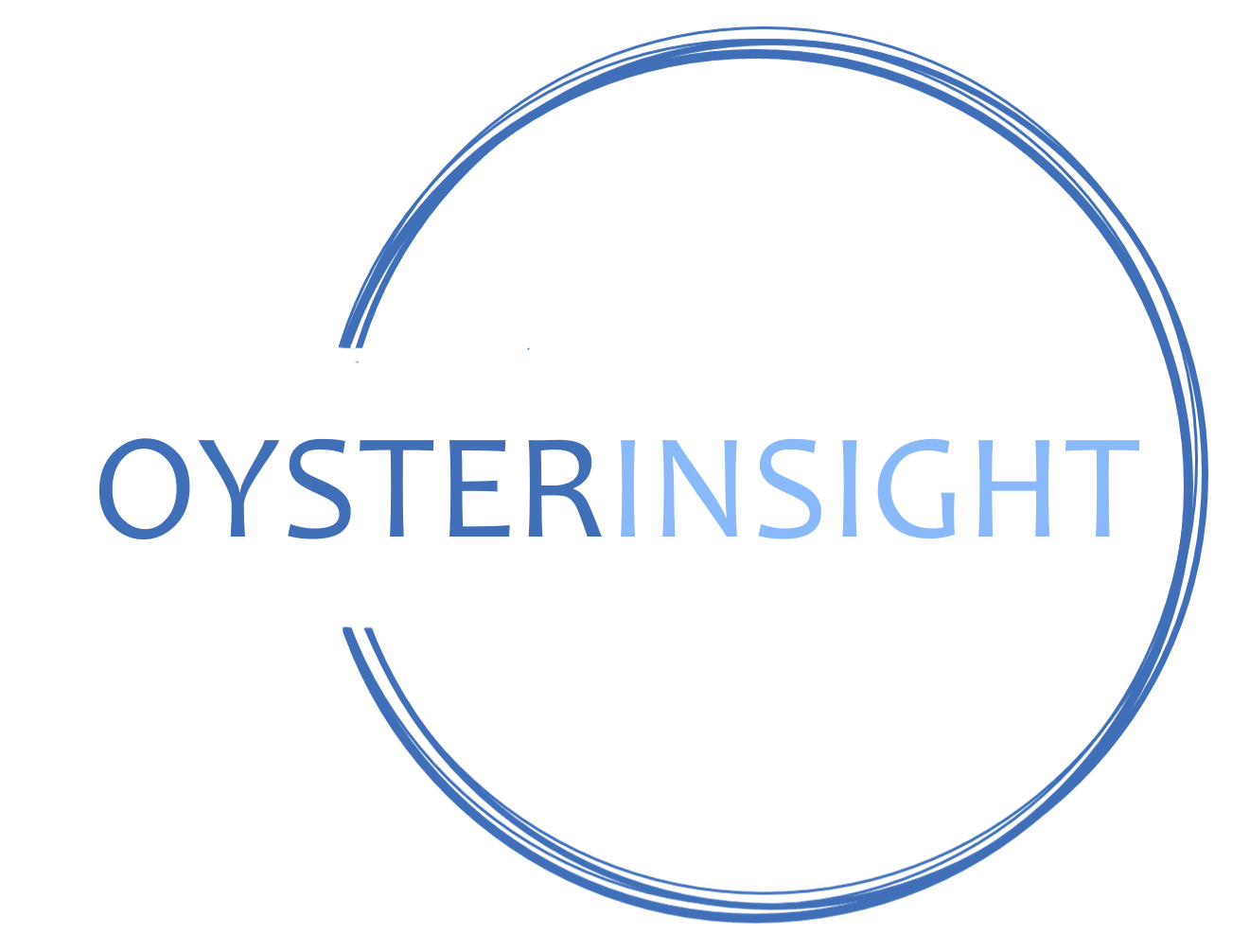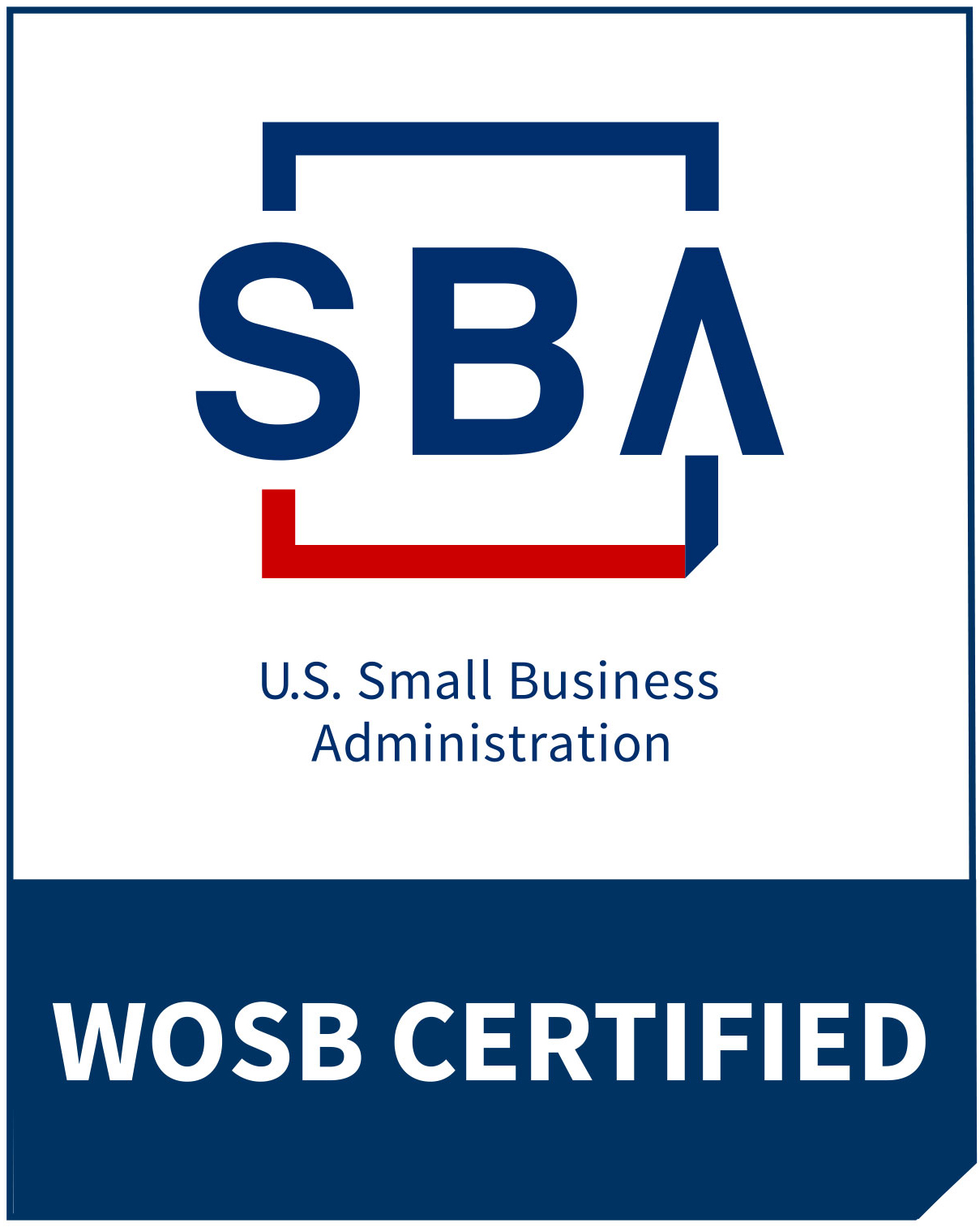“Gorgeous coaching.” -Advisor
“Thank you for today! Appreciate the coaching and listening. You are a great one!:)” -Client

Coaching well is an amazing feeling. It’s like connecting turns on a snowboard, sailing a spinnaker reach, ballroom dancing, and roll-tacking a dinghy. There is a rhythm that you don’t completely control. There is a give and take that you feel and respond to, and dynamics that you move into. When you do it well, you know it and you feel it on many levels.

When I started this journey to formally become an executive coach last fall, I knew I wanted to be a masterful coach, for three reasons.
- Everything I do, I want to do not just well, but artfully, skillfully, beautifully – sailing, parenting, whatever. (For example, I even researched the best way to write an effective LinkedIn recommendation!) I always want to be the best I can possibly be.
- Coaching, for me, is a calling. It’s something that feels natural to me, that takes advantage of a lot of my innate abilities, life experiences, and learned lessons, and it’s an opportunity to make an impact on people’s lives in an amazing way. It’s a privilege.
- At my age, this is probably my last career. Why hold back? What have I got to lose? Why not go big?
For all these reasons, I knew I wanted and needed legitimacy. The current pinnacle of coaching is certification by the International Coaching Federation (ICF), which requires approved education and documented coaching hours. So, in addition to everything I have read, studied, watched and learned from peers, I am pursuing ICF certification.
I researched (of course) and chose one of the best leadership coaching certification programs in the country – the Georgetown University Executive Certificate in Leadership Coaching. It’s a robust and rigorous six-month program that is proving to be worth the investment. The standards are high for everything from attendance to mastery. The faculty are amazing – and we are exposed to a lot of them. My peers are phenomenal – we come from all walks of life and all over the globe. (With my international background, I love this.) The program has exposed me to new philosophies, expanded my repertoire of evidence-based techniques, and through rigorous feedback, smoothed the bumps in my coaching.

When I finish this program in several months, I will be even better than I am now. And at my last evaluation, my advisor, Amanda Zinke, gave me this feedback:
“Gorgeous coaching. Knocked it out of the park. Complete homerun. This is a strong pass.”
“So many [competencies] were exceptionally done here.”
“I loved the slow pace and organic nature of the contracting.”
“Some wonderful observations.”
“Great active listening.”
“Beautiful coaching of person and situation.”
“You held space while client was emotional and reacted with kindness and empathy.”
As we approach the last third of our program, we were prompted to reflect on how we would be challenged by, or engage in, the remainder of the program. Now, what part of becoming a masterful coach would not continue to wring every ounce of goodness and learning out of this program and all the fabulous people involved? My goal for this last phase is to refine my coaching philosophy.
When I complete the Georgetown program in a few short months, I will also have coached enough hours to apply for ICF certification. And then my coaching will enter a new phase – of continuing mastery, refining my philosophy and approach, and working for clients that require certification (as well as those that do not).
In the meantime, I am so privileged to be sharing this journey with my current clients, my cohort members, my faculty, advisors, and mentors, and you, my readers.
What is your calling? What is the best use of your skills, talents, and life lessons learned? What are you the best at? What do you want to be the best at?



